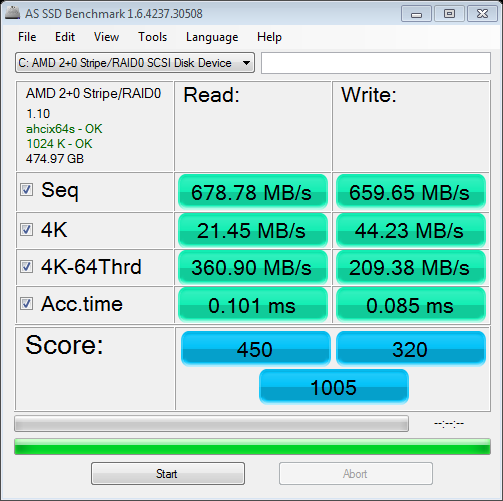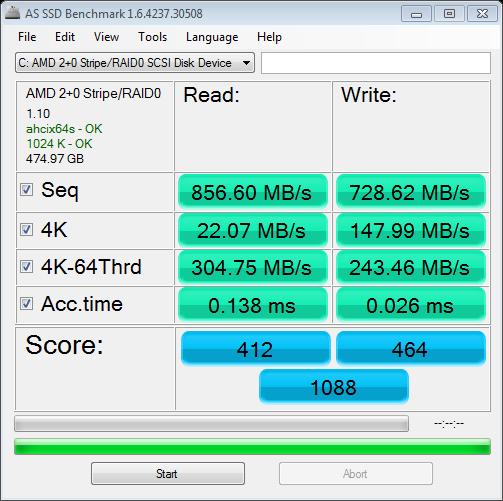- Joined
- May 18, 1997
- Messages
- 55,719
Corsair Force GT 240 GB SSD Review - We are reviewing the Corsair Force GT 240GB SSD. Corsair provides enthusiasts with both sides of the SSD controller coin by offering Marvell and SandForce controlled SSDs in its product lines. Today we will take a look at the SandForce option with its SandForce SF-2282 controller paired with high-performance IMFT synchronous NAND.
![[H]ard|Forum](/styles/hardforum/xenforo/logo_dark.png)




